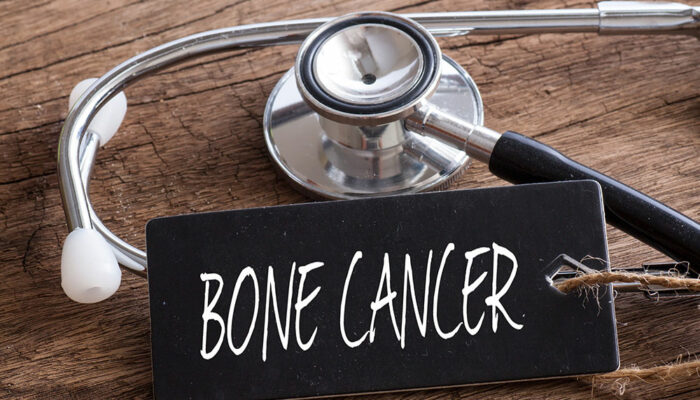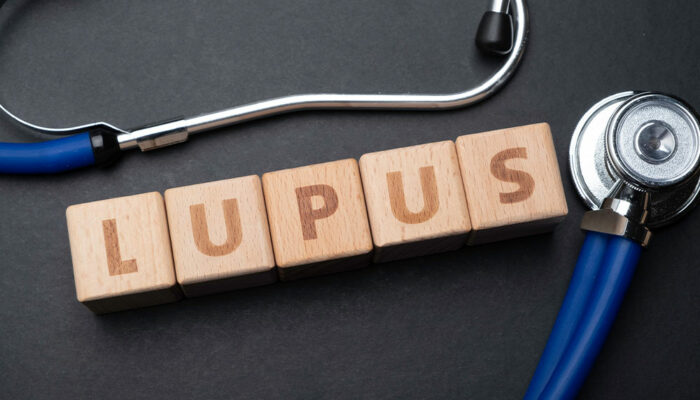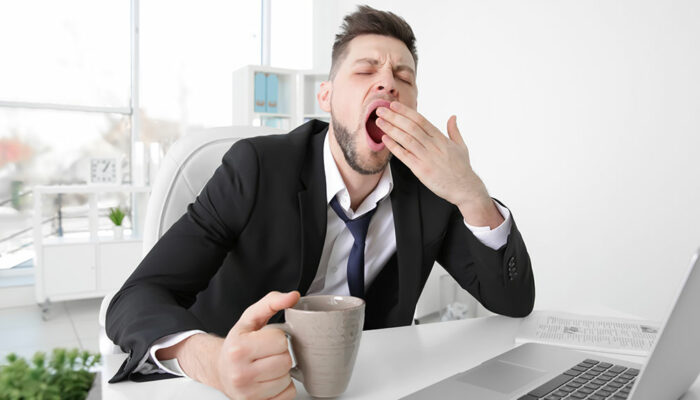
health
7 early signs of bone cancer
Primary bone cancers (bone sarcomas) are rare conditions that can develop in any bone of the body. There are several types of bone cancers, including chondrosarcoma, Ewing’s sarcoma, and osteosarcoma. Given their rare occurrence, the symptoms may often be misdiagnosed as those of other health conditions. So, one should keep an eye out for the following early signs of bone cancer, as doing so could ensure that one receives prompt diagnosis and treatment. Pain Pain could be triggered by several health complications and injuries. However, in the case of bone cancer, initially, the pain may not be constant. However, it could worsen at night or when the affected area is being moved, such as when walking with a tumor in the leg bone. With time the pain could become constant and may worsen with physical activity. Breathing problems Cancer that develops in the bones may also spread to organs like the lungs. If the cancer has reached this region, one may experience breathing difficulties. They may also experience other early signs of bone cancer, like chest pain, wheezing, chronic cough, and coughing blood. One should consult an expert right away if they experience any such symptoms. Fractures Those with bone cancer are likely to experience sudden fractures, as the tumor could weaken the bone to the extent that it breaks even with the slightest pressure.
Read More 








